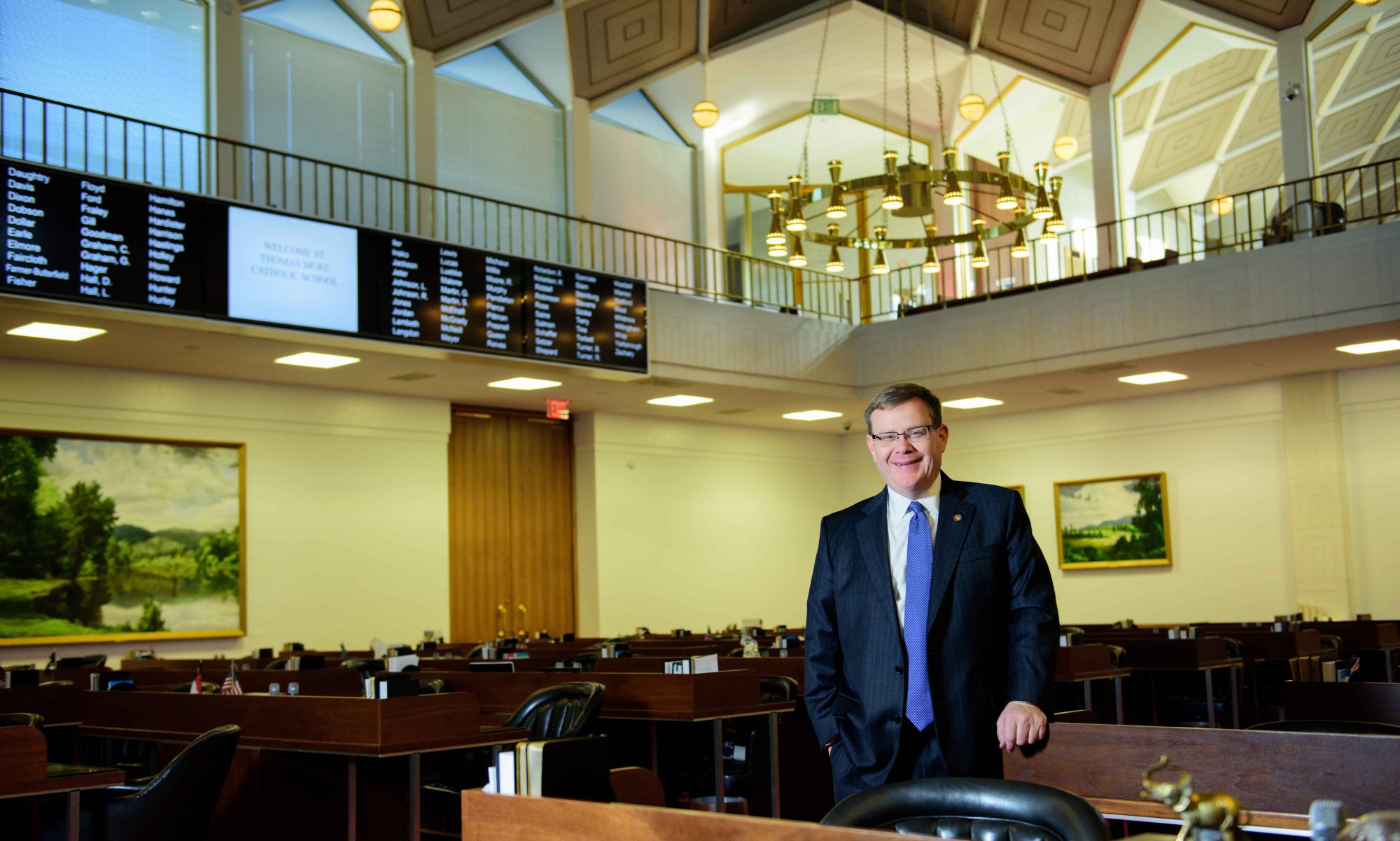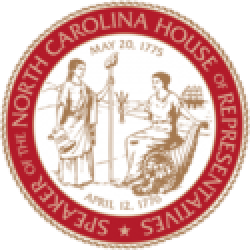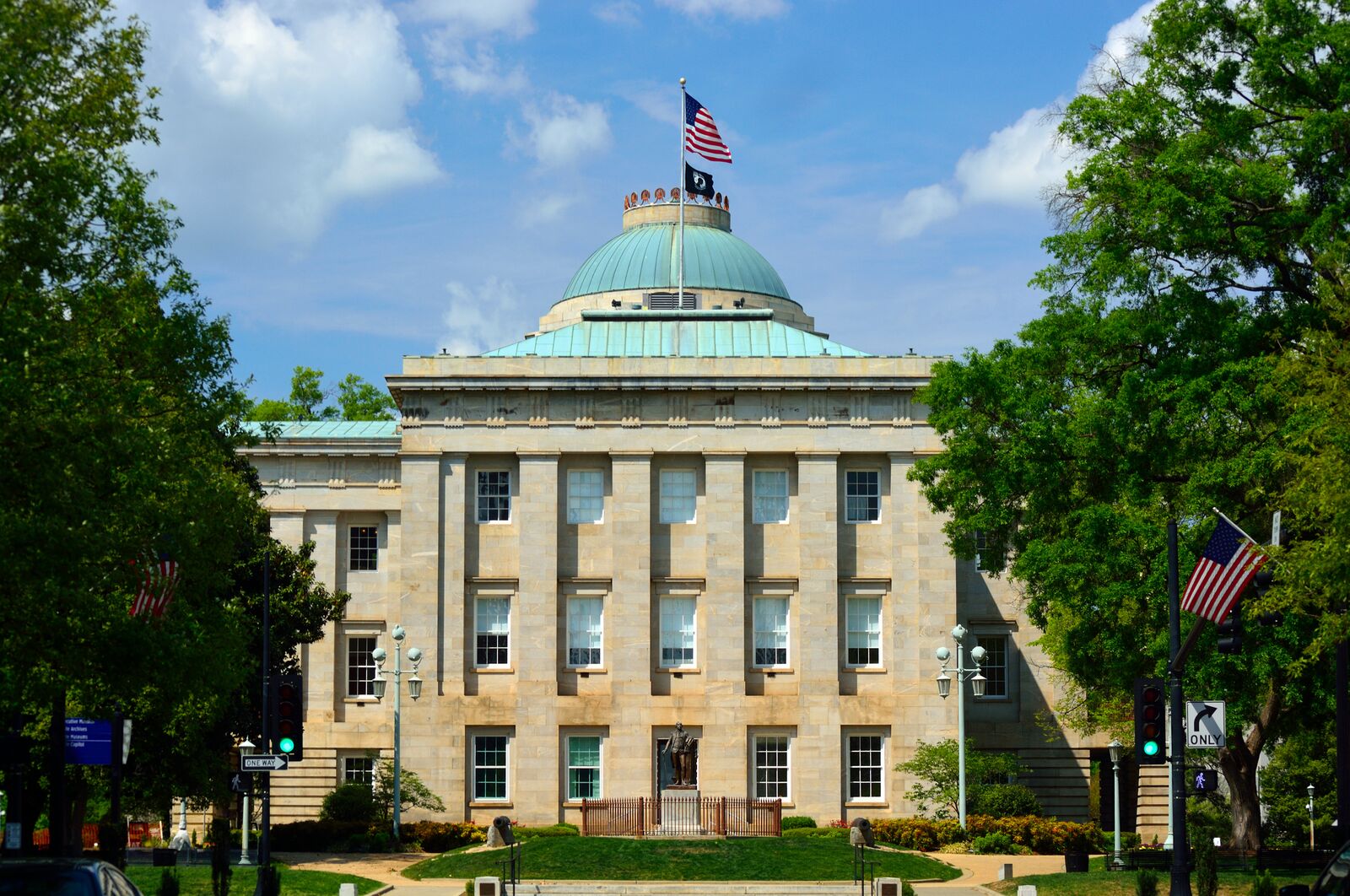Restores partisan control of State Elections Board to Governor Cooper despite recent resignation of his hand-picked chairman for political activity
Raleigh, N.C. – The North Carolina General Assembly on Thursday completed its 22nd override of a veto from Gov. Roy Cooper, this time to allow a new primary in the state’s 9th Congressional District if the Board of Elections orders a do-over and to strengthen absentee ballot voting requirements statewide.
H.B. 1029 Bipartisan State Board also complies with a court opinion requiring Gov. Cooper to have complete partisan control over the State Elections Board, even though his hand-picked board Chairman Andy Penry abruptly resigned this month over allegations he violated state law with overtly political activity.
The bill further ensures that the investigation being conducted by the current board of elections into Bladen County absentee ballot irregularities during this year’s Ninth Congressional District race continues hindered.
Under previous North Carolina law, two witnesses needed only attest that they saw a voter sign the absentee ballot. H.B. 1029 strengthens mail-in ballot security by requiring the two witnesses to affirm the voter’s identity.
The bill also increases transparency surrounding absentee ballots by requiring county boards of elections to transmit information on absentee ballot witnesses to the State Board of Elections.
Though Gov. Cooper said the bill “mandates secrecy for campaign finance investigations,” House Elections Committee Chairman David Lewis (R-Harnett) called Cooper’s veto of H.B. 1029 a “farce” meant to mislead the public about the real impact of the legislation:
“When the governor’s first elections board chairman has to resign for overt political activity and the second chairman says he’s known about absentee ballot fraud in Bladen County “for years,” the public deserves reasonable due process measures to prevent any more direct partisan activity by this board,” Lewis said.
“Contrary to the governor’s misleading veto message, the only confidential part of the investigation process will be the initial review whether a complaint has merit or is utterly bogus. If the investigation moves forward, then the matter will proceed publicly as it does now.”
Now-resigned board chairman Andy Penry tried to force a hearing on the first day of early voting against a Republican senator related to an 18-month old complaint until whistleblowers informed reporters that the board’s investigation wasn’t complete.
Under media pressure surrounding Penry’s demands that the state senator’s cancer-stricken treasurer – who is also his mother – appear before the board for testimony, the board rescheduled the hearing.
State Sen. Dan Bishop called the overt political activity by the elections board a “partisan weaponization” in an attempt to “use partisan appointees that will wield the board as a blunt instrument to hammer the Governor’s political adversaries.”
“We’ve seen enough to know Gov. Cooper’s true intention is to weaponize North Carolina’s elections board with political actors for partisan gain,” Bishop said. “These preliminary, modest, and reasonable due process provisions are certainly required to lend some semblance of fairness and impartiality to the Governor’s partisan investigatory body.”
The State Board of Elections will consist of five members, all appointed by the Governor, with not more than three members coming from the same party. The Governor will also have authority to appoint chairs of all 100 county boards of elections.
The State Ethics Commission will consist of eight members, with four members appointed by the governor, and four members appointed by the General Assembly; two by the Speaker of the House of Representatives and two by the President Pro Tempore of the Senate. No more than two of the Governor’s appointees could be from the same party, and General Assembly leaders would not be permitted to appoint more than one person from the same party.
H.B. 1029 delays the split of the board into two separate entities until January 31st to provide additional time for the current board to complete their investigation should another stay need to be requested. This provision eliminates any legal question as to whether the current board has the authority to complete their investigation into the alleged election fraud.
At the end of that investigation, if the board determines that the absentee ballot irregularities are enough to warrant a new election, the bill requires that a primary be held for that election which is consistent with law governing all other elections in the state including special elections.


